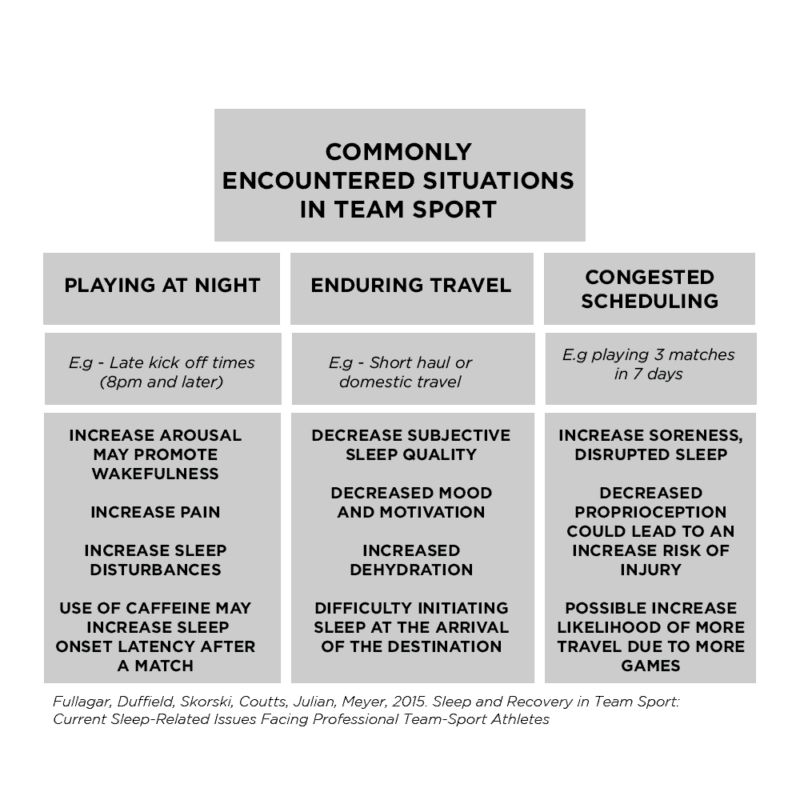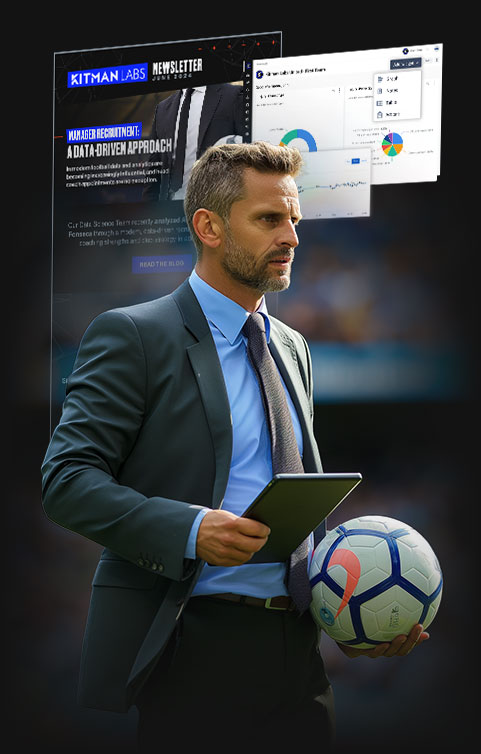The FIFA World Cup kicks off on Thursday, June 14 and most bookmakers have five-time winners Brazil and current holders Germany as the favourites. But like any sporting event, Russia 2018 will undoubtedly have plenty of twists and turns and one topical factor that could impact the 32 nations’ hopes of success is their differing travel demands. The tournament is being hosted by the largest country on the globe, which spans 11 time zones and accounts for 1/10th of the world’s landmass. Games will be split between 12 venues, across 11 cities, and match schedules will force some teams to travel almost 10,000km and potentially over 14 hours during the group stage alone.
As our league table below shows, it certainly won’t be a level playing field in terms of time spent in transit. We’ve estimated the return journeys each nation will face from their training base to the three Group Stage matches – and there are huge disparities.
For example, Egypt, who will be clocking up the most mileage, have over FIVE times further to travel than France, who have the shortest distance. Nigeria, Poland and Korea Republic can also feel somewhat hard done by. They will spend roughly 14 hours travelling over 9,000km in just nine days, whereas 26 of the competing nations play their group fixtures inside ten days. Hosts Russia and opening game opponents Saudi Arabia have 11.

So why is this important?
Various research studies have found a direct relationship between sleep and travel and their impact on player recovery and performance. Therefore, the concern for this World Cup is that teams who are required to travel further face a greater risk of underperforming.
In this post we ask:
- Just how valid are concerns for teams required to travel further?
- Does this mean the strongest contenders are in fact France, Argentina, Portugal and Russia thanks to their shorter travel schedules, as hypothetically they will have the fresher squad?
- Is there a way for performance staff to better prepare and monitor players to ensure performance will not be impacted during matches?
Impact of Travel on Sleep and Performance
Performance is affected by sleep. You don’t get fitter merely by training, either out on the pitch or in the gym. It’s the recovery and adaptation that occurs when you sleep after the stimulus of training that makes you fitter, faster and stronger. Lack of or disturbed sleep can impede this important recovery process as well as reduce an individual’s mental capacity.
A study published in 2014 monitored the impact travelling 14,695km across 11 time zones had on players. Sleep duration during travel was 5.9hours, significantly lower than all other nights, except for the day of arrival, which also resulted in reduced time in bed. Perceived jet-lag was greater on Day 1 compared to Day 5 after travelling. Wellness scores also significantly reduced when comparing the week prior to travel with the week after travel.
A further study published in 2015 showed that athletes also appear particularly susceptible to reductions in both sleep quality and sleep duration after both night competition and periods of heavy training. Therefore, with sleep quality and duration being poor both after travel and competition, it is so important that travel scheduling takes into account the need to recover these sleep deficits before beginning competition or a heavy training schedule. Check out our infographic on monitoring athletes sleep.
And it’s not just travel and competition that can impact on players’ sleep. The diagram below highlights other situations, like congested scheduling, that also result in increases in reported sleep disturbances and decreases in subjective sleep quality.

So travel concerns and the disruption they cause on players’ sleep quality and quantity should be monitored and taken into consideration during Russia 2018.
But do hosts Russia, Portugal and France, who have some of the shortest overall distances to travel between their training base and group games, have an advantage? On the face of it, yes, due to the adverse impact travel can have on sleep, and the potential knock-on effect on performance. But other nations with greater distances to travel can nullify this advantage if the right measures and steps are taken by the team’s staff.
What’s the solution?
Clearly, player monitoring during the beginning and early phases of the tournament will be one of the most important methods to protect players. According to Pierre Barrieu, FIFA advisor and Major League Soccer team LA Galaxy’s Director of Sports Performance, the challenge will really begin before the tournament.
“The greatest challenge to sleep will come from the initial flight to Russia, and teams will want to have sufficient time on site to recover,” said Barrieu. “That is why European teams may have an advantage.”
Burrieu believes teams who arrive early at base camp may be able to gain the upperhand, as players have sufficient time to adjust to their new surroundings, including new altitudes, climates and time-zones.
Tracking sleep quality, sleep duration and player wellbeing (to measure the perceived effects of travel) on a daily basis can aid staff in understanding player recovery and help teams improve strategies to minimise the effects of travel and sleep disturbance on performance. By reviewing player data after each journey, staff are able to adapt and make suitable interventions on player loads to attempt to keep them as fresh as possible. An example of this in action can be taken from LA Galaxy, who have partnered with Kitman Labs and implemented its award-winning Athlete Optimization™ System to monitor and optimise player health and performance.
“[When teams are travelling] the one thing coaches can control is altering training times and being flexible based on what you are monitoring from the players,” added Barrieu.
Although operating at a domestic level, travel requirements for MLS teams are not dissimilar to the travel conditions at Russia 2018. For example, in the current MLS season, LA Galaxy will play 34 games. For the 17 away fixtures, the team will spend over 67 hours flying, travelling a total of 47,996 miles. Kitman Labs’ Athlete Optimization™ System provides the Galaxy’s staff with real-time risk updates on players during rough travel periods, and notifying them automatically when a player is at risk of injury or underperformance.
Stephen Smith, Founder and CEO of Kitman Labs, believes no other technology simplifies the management and development of athletes like Kitman Labs’ Athlete Optimization™ System.
“The flexible data collection tools use native mobile apps, making it easier to capture important information on athletes, even whilst teams are in transit,” said Smith.
“Not only can teams monitor this data in real-time, they can use it to make meaningful actions such as training interventions or treatment suggestions for the individual athlete, reducing the likelihood of injury risk.”
Kitman Labs is a sports science technology company that works closely with various Major League Soccer teams such as the Houston Dynamos, Minnesota United FC and the aforementioned LA Galaxy. By working with Kitman Labs, professional sports teams can collect and better understand their data, enabling staff to make better decisions to optimise the health and performance of their athletes.
To listen to Pierre Barrieu’s full interview with Kitman Labs’, visit: our podcasts and videos.
To see the full infographic on sleep and travel in the world cup click here
References
- Fowler, Duffield, Vaile, 2014. Effects of domestic air travel on technical and tactical performance and recovery in soccer. Int J Sports Physiol Perform; 9(3):378-86. https://www.ncbi.nlm.nih.gov/pubmed/24755963
- Fowler, McCall, Jones, Duffield, 2014. Effects of long-haul transmeridian travel on player preparedness: Case study of a national team at the 2014 FIFA World Cup. Journal of Science and Medicine in Sport; 20(4):322–327 https://www.jsams.org/article/S1440-2440(16)30164-5/abstract
- Fullagar, Duffield, Skorski, White, Bloomfield, Kölling, Meyer, 2015. Sleep, Travel, and Recovery Responses of National Footballers During and After Long-Haul International Air Travel. International Journal of Sports Physiology and Performance; 11(1):86-95. https://journals.humankinetics.com/doi/pdf/10.1123/ijspp.2015-0012
- Fullagar, Duffield, Skorski, Coutts, Julian, Meyer, 2015. Sleep and Recovery in Team Sport: Current Sleep-Related Issues Facing Professional Team-Sport Athletes. International Journal of Sports Physiology and Performance; 10(8): 950-957. https://journals.humankinetics.com/doi/abs/10.1123/ijspp.2014-0565




